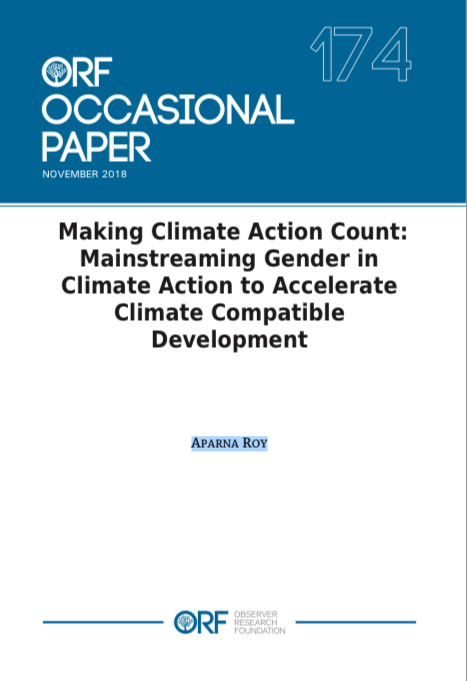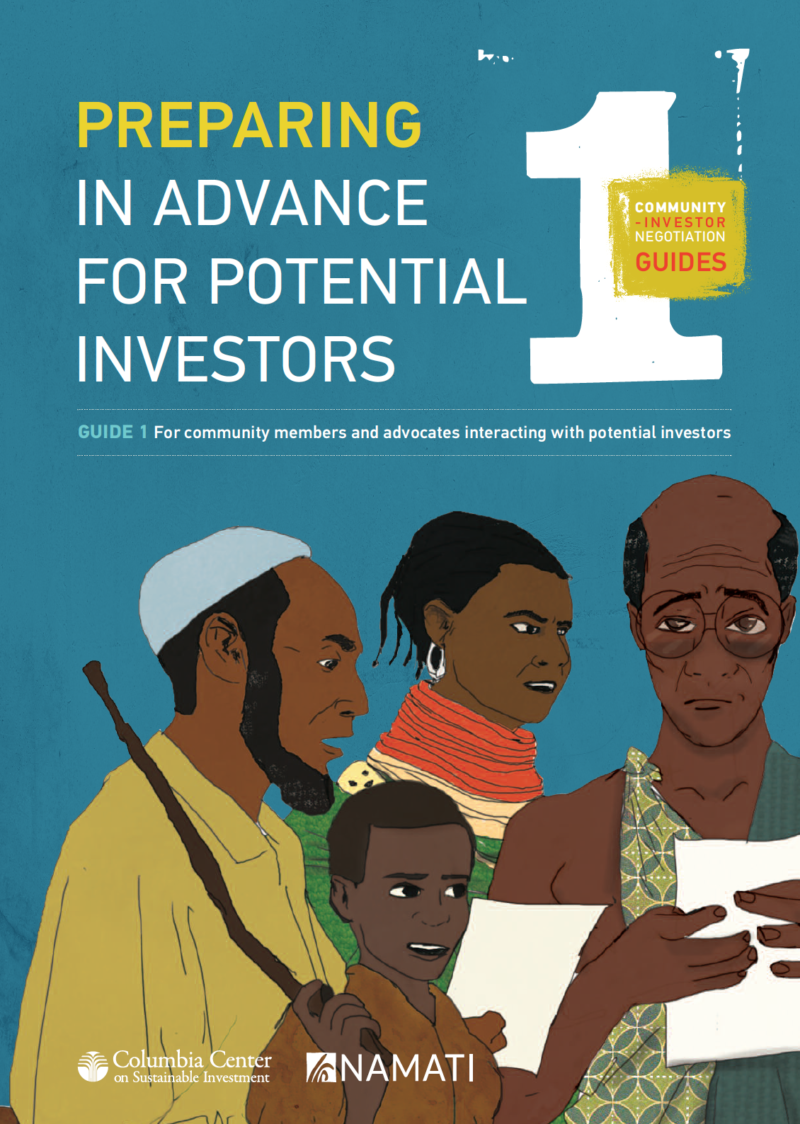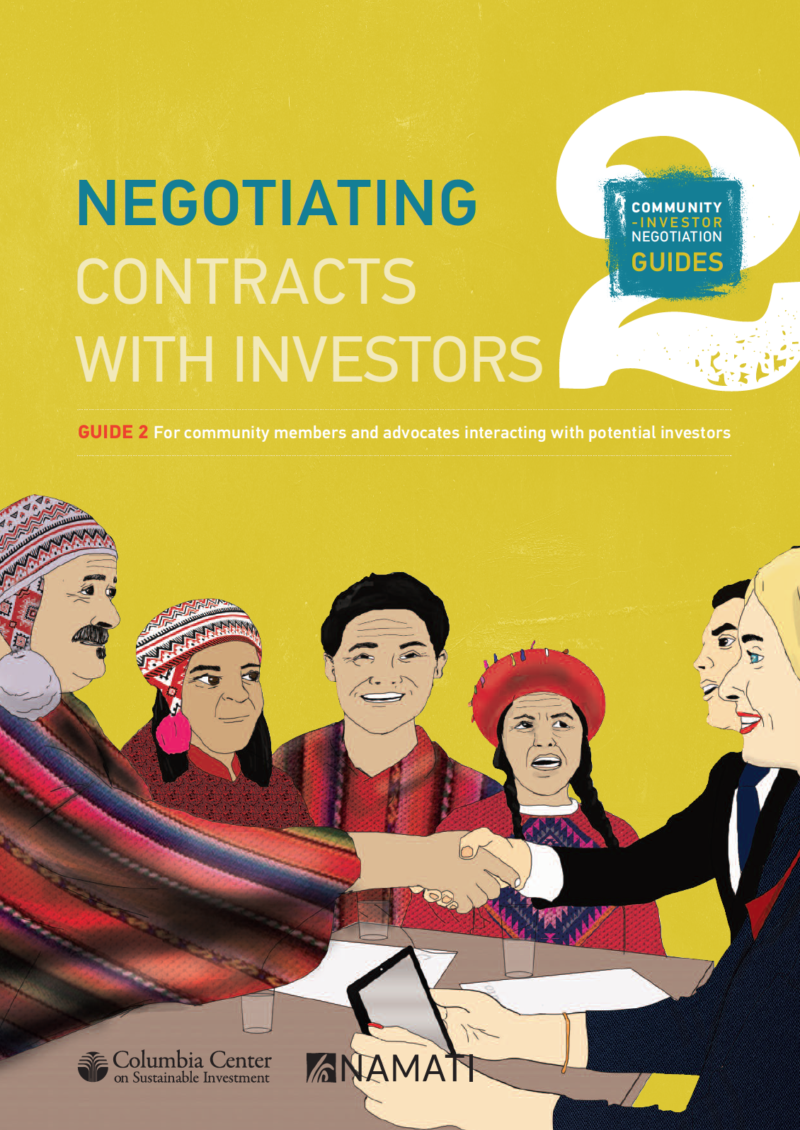Formalising land rights in developing countries. Moving from past controversies to future strategies
Covers why do we need to think about policies to formalise land rights in developing countries?; primarily a political issue; policies to formalise land rights are not a panacea; inclusive formalisation policies present considerable challenges. Shows that policies to formalise rights raise highly political issues and often contribute to exclusion.





